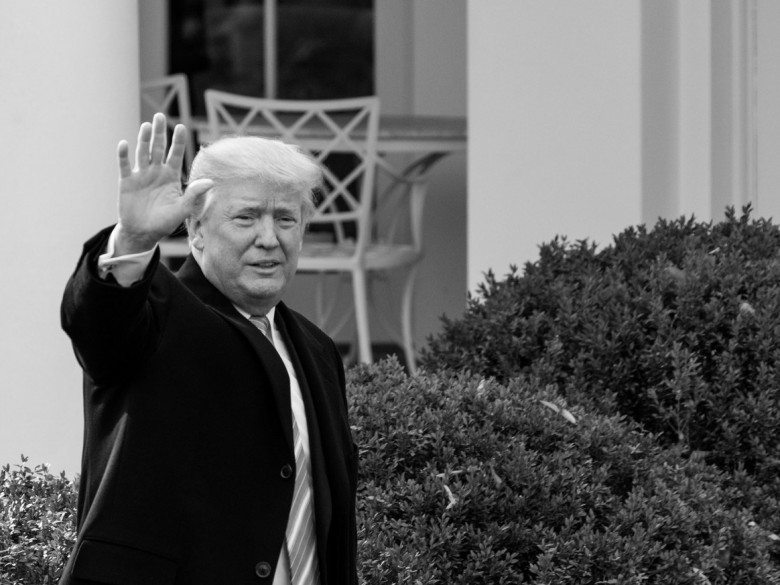2017 Was a Terrible Year for Internet Freedom
Think of a country that stifles internet freedom. You might first jump to the oppressive regimes of North Korea, China, or Cuba, where internet access is either forbidden or radically restricted. But in fact, according to a recent study by the non-profit Freedom House, the principles of internet freedom are under attack worldwide—including in the United States. And it's only getting worse.
Overt government restrictions, after all, aren't the only way to impede internet freedom. As fake news and propaganda flourish online, and automated bot accounts bloom on social media, the manipulation and distortion of information serves as its own kind of censorship.
The crisis is global. Freedom House based its findings on an annual study of 65 countries, in which the group's researchers collect data on factors like ready access to the internet in that country, limits on content, intentional manipulation of online conversations, and the treatment of bloggers and content creators, among other details. Researchers then score each country based on those metrics. In 2017, it found that nearly half of the 65 countries experienced a decline since June of 2016, while just 13 made gains. It was the seventh consecutive year in which internet freedom has eroded since Freedom House began studying this trend in 2011.










































































